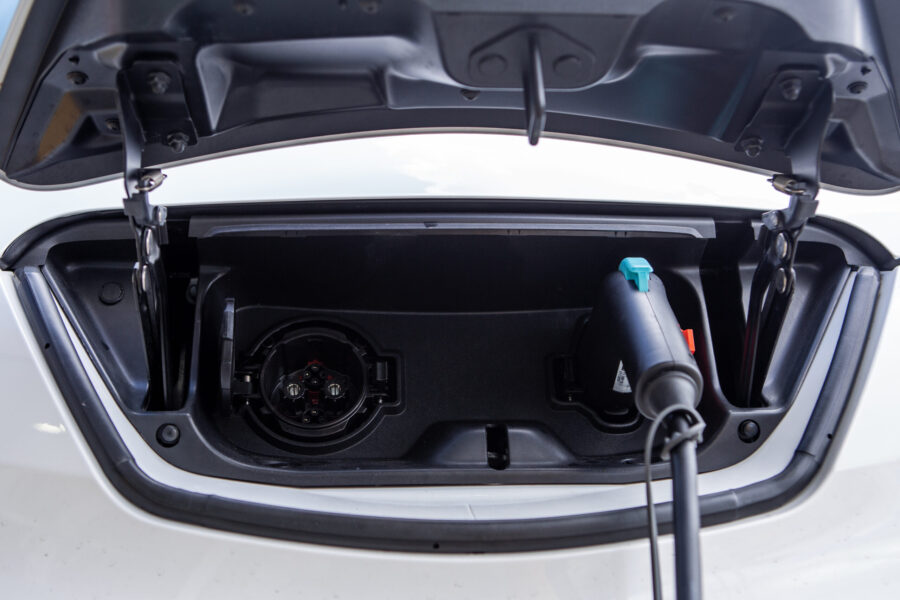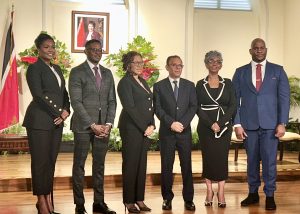By Sue-Ann Wayow
THE first electric vehicle charging station in the country has been opened at Unipet’s Brentwood Service Station in Chaguanas.
On Wednesday, speaking at the launching ceremony, Dr Afraz Ali, Unipet’s chairman said, “Electrification can be the restart button for our economic recovery.”

Unipet is the first private sector company to provide an electric charging station for public use and the first liquid fuel provider in the region to provide electric charging options to customers.

Last December, the University of the West Indies (UWI) launched its first electric charging station at the university’s St Augustine campus near the Faculty of Engineering Building. It is available to staff, students and the university’s visitors.
The decision made by Unipet has been labeled a “bold and inspirational move” in a country that the electric vehicle (EV) is the least bought -at least for now.
![]()
Ali said, “A global scan indicates that there has been a seismic shift in how energy is being provided and used. Our leaders are acutely aware that Trinidad and Tobago must repurpose our use of fossil fuel and identify other foreign exchange generating activities. Unipet is on the frontline of the shift towards using alternative energy as an opportunity re-set and re-imagine how our country consumes energy. We have always been guided by the notion that sound research is the precursor to investments and are therefore supportive of various research initiatives aimed at identifying the right fit for our industry. The research concluded that electrification can be the restart button for our economic recovery.”

That research led to Unipet including electric charging in its product offering.
“By this action Unipet is signaling our confidence in electrification as a fuel option of the future. We also see an electrification thrust as an opportunity for our country to engage and re-engage scholars across the globe towards optimizing our use of electricity. The implications of using electric charged vehicles are enormous but one of the important benefits is in improving the air quality which surrounds us,” Ali said.

Ali said the company has taken note of the Government’s intention to reduce overall carbon emission by 15% by 2030 which further encouraged Unipet to take the lead with respect to EVs.

Philip Julien, Managing Director of Kenesjay Green and NewGen Energy Limited, also encouraged citizens to preserve electricity and not take it for granted.

He added that Kenesjay Green was presently developing the country’s and “potentially the world’s-first large scale carbon-neutral hydrogen production facility,” known as NewGen Energy Limited.
Dr Curtis Boodoo, Assistant Professor at the University of Trinidad and Tobago (UTT), said that the addition of taxes on electric vehicles in the recent budget was aimed at gaining revenue from the lucrative vehicle sales market.
“I support taxation of hybrid electric vehicles, which has seen a healthy increase locally the adoption of fully electric vehicles is significantly less than 1% of the total vehicle population. The financial instrument of zero taxation was originally applied to both hybrid and fully electric vehicles. Trinbagonians preferred and embraced the transition technology, hybrid vehicles.”

He said, “The next natural step is to now apply taxation to hybrid vehicles while continuing to exempt EVs. The revenue lost from EV taxation can be retrieved in time by a reduction in the importation of liquid transportation fuels.”
And members of the public were encouraged by all speakers to do their part in conserving energy.
![]()










